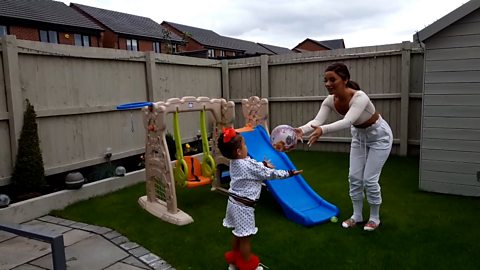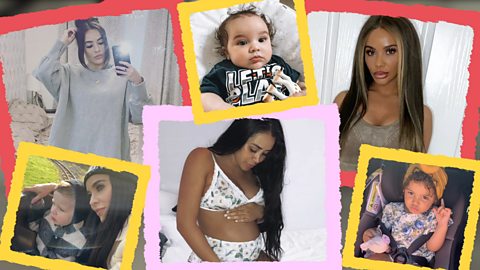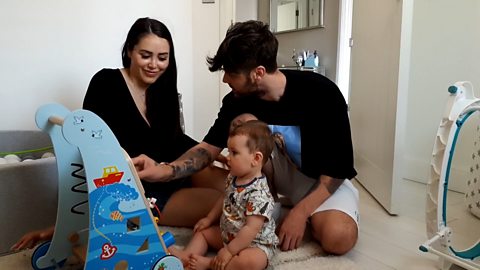"My dreams for Caben are for him to grow up open-minded, non-judgmental, caring and level-headed."
Every parent wants their kids to learn about good behaviour from a young age.
Chelsee and Steph chat about the values that they want to teach their little ones and how they're trying to do that.
Chelsee:The hardest stage is always the one that I'm going through right now.
Stephanie:Definitely, as he's getting older it's getting easier I think. He knows now, that he can talk to me about things. Caben, on the whole, is really well-behaved. There's only certain times that he plays up and that's usually for a reason. I think any child that is upset or angry or frustrated, it's because they can't find the words to express themselves. So from a young age, I used to say "communicate with me." I really think that speaking and not shouting at your child is the best way forward. Communication is key.
Chelsee:I always try to explain to Coco why I'd want her to do something. Say for instance, if I wanted her to clean up her toys, I'll say we get extra time to play a little bit later on and that kind of registers and she does it.
Stephanie:Another big thing was about saying sorry when you're wrong, because I think pride is a massive thing in children and I think that carries on till when you're in adulthood. So he'll very happily and easily say "I'm sorry mummy, I was wrong," or "I'm sorry mummy, I was tired," and I'll say "thank you so much for saying sorry," and then I back it up, and I'll say I totally understand why you feel like that.
Chelsee:I have never been a patient person and I think since having Coco, I've learnt to be patient.
Stephanie:My dreams for Caben are for him to grow up open-minded, non-judgmental, caring and level-headed. I want him to be a good person.
Chelsee:I am a big believer in 'you treat people how you'd want to be treated' and I will always teach Coco to be kind, to treat people with respect, love and to celebrate everybody's differences.
Steph and Chelsee's top behaviour tips
- Use phrases to encourage your little one to talk about what is happening like 'use your words' or 'tell me how you feel'.
- Develop their empathy by telling them you understand their frustration.
- Give a reason for things you ask your child to help with, like 'we are tidying now and after that we'll have time for…'
- Think about how you want your child to behave and positively reinforce that behaviour by saying things like "thank you for saying sorry" or "thank you for sharing".






